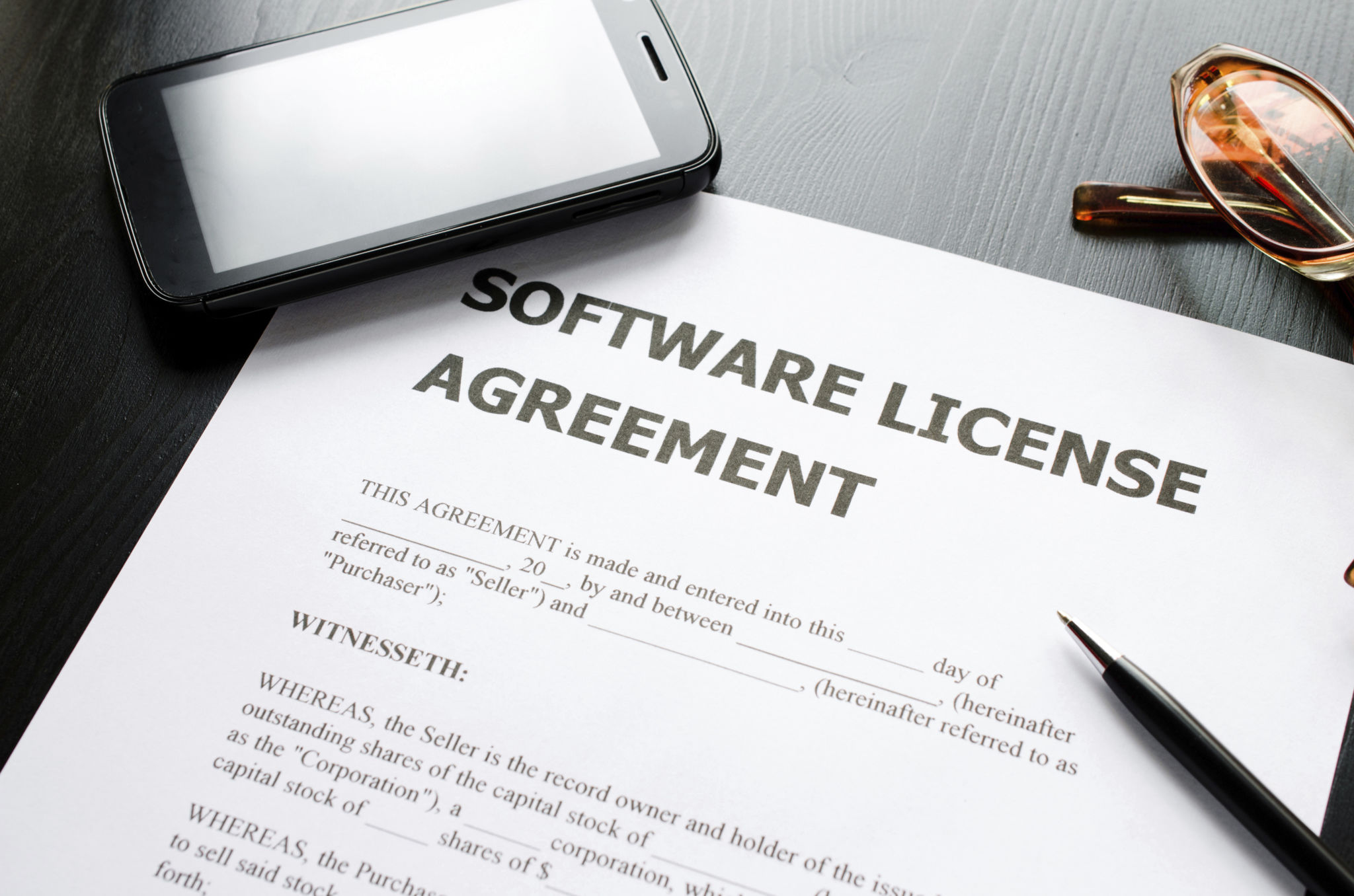Ensuring Software Licensing Compliance: Tips for Philadelphia Businesses
MD
Understanding Software Licensing Compliance
Software licensing compliance is crucial for businesses to manage effectively, especially in a bustling city like Philadelphia where technology-driven enterprises thrive. Ensuring compliance not only helps avoid legal issues but also promotes ethical business practices. Understanding the types of licenses your business uses and adhering to their terms is the cornerstone of staying compliant.

Common Types of Software Licenses
There are several types of software licenses that businesses might encounter. The most common include:
- Proprietary Licenses: These are often specific to commercial software where the source code is not made available to the public.
- Open Source Licenses: These allow users to freely use, modify, and distribute the software. However, they come with their own set of rules.
- Subscription Licenses: These require businesses to pay a recurring fee to use the software, often on a monthly or yearly basis.
Each type of license comes with different compliance requirements, making it essential for businesses to understand their obligations thoroughly.
Conducting a Software Audit
Conducting regular software audits is an effective way to ensure compliance. These audits involve reviewing all software used within the organization to verify that each is properly licensed. Businesses in Philadelphia can benefit from setting up an internal team to perform these audits or hiring external experts if needed.

An audit will typically involve:
- Inventorying all software installations and licenses.
- Comparing this inventory against purchase records and license agreements.
- Identifying any discrepancies or unauthorized software usage.
Implementing a License Management System
Implementing a robust software license management system is another effective strategy. This system helps track all software licenses, renewals, and expirations in one centralized location. It provides visibility into software usage and helps ensure that licenses are being used in accordance with their terms.

A good management system will alert businesses to upcoming renewals and help avoid unintentional non-compliance due to expired licenses. Moreover, it can often integrate with existing IT systems to streamline operations further.
Training Employees on Compliance
Employee training plays a critical role in maintaining software licensing compliance. Educating staff about the importance of using licensed software and the risks associated with non-compliance can significantly reduce the chances of unauthorized installations.
Workshops, seminars, and regular updates on new policies can be effective methods of keeping employees informed. Encouraging a culture of transparency and accountability among staff ensures everyone understands their role in maintaining compliance.
Staying Updated with Licensing Changes
The landscape of software licensing is continually evolving, with updates and changes happening regularly. Philadelphia businesses need to stay informed about these changes to remain compliant. Subscribing to newsletters from major software vendors or joining industry groups can provide valuable insights into any shifts in licensing policies.

By staying proactive and informed, businesses can adapt quickly to any changes, ensuring that they remain compliant and avoid potential penalties or legal issues.
Conclusion
Ensuring software licensing compliance is an ongoing process that requires dedication and vigilance. By understanding different license types, conducting regular audits, implementing management systems, training employees, and staying updated on changes, businesses in Philadelphia can effectively manage their software assets and maintain compliance. Adopting these strategies will not only help avoid legal complications but also enhance operational efficiency and trust within the industry.